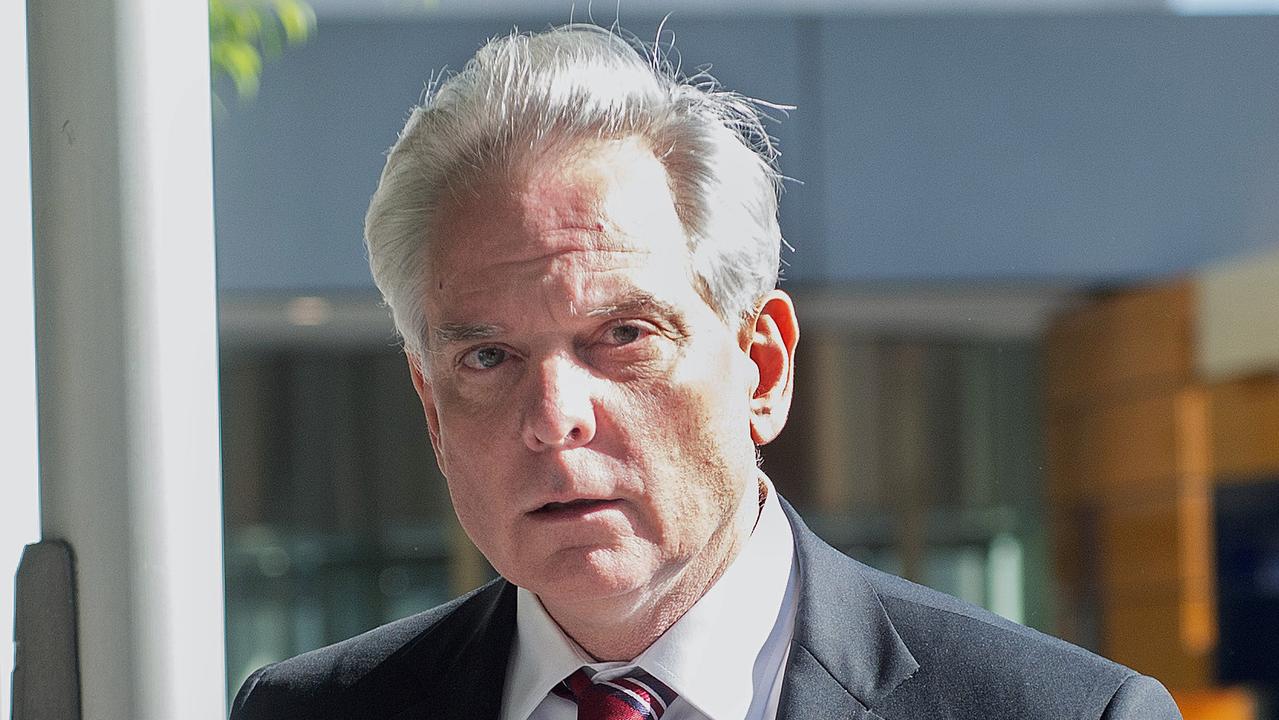
Thankfully, as I detail below, Australia is leading the world in reforming supply chain financing. Later this year delinquent companies and their boards will be exposed and, in 2022, if they keep chiselling small suppliers, they may lose all their government contracts.
The Australian payments revolution will first be concentrated on payments to small enterprises but in future years it is likely to be extended to cover a wider canvas.
At the base of all the Greensill business was the age old practice of buying the amounts owed by “customers” to suppliers at a big discount. And then Greensill would be repaid that money in full some months later creating a large profit after borrowing costs.
Greensill also embraced a twist designed to obscure its activities. Greensill also actually loaned money to “customers” enabling suppliers to be paid out quickly albeit at a discount.
And the “customer” loans were, of course, to be repaid at a due date. Telstra CIMIC and the Australian Rail Track Corporation are being named in press reports as being involved in these supply chain games. Others will emerge because we are dealing with an Australian and global problem.
There were three dangerous elements to these Greensill transactions which, in the end, would prove to be disastrous.
First the “customers” borrowing money all too often did not classify the Greensill loans as loans but rather as trade debts. Proper loan disclosure might have alerted everybody to the leverage risks that were being undertaken by the “customers”. Instead the very high gearing was concealed.
The second dangerous practice was resuming the disastrous securitisation systems that played a big role in the global financial crisis. Accordingly the high risk “loans” were “securitised” and bought by yield hungry institutions. Sometimes the loans were insured but the insurance companies began to get nervous and wanted to withdraw cover which became a factor in the deep problems facing the group.
As in the global financial crisis, not nearly enough work was done by either the buyers of the securitised debt or the insurers to discover what was really behind these loans.
And finally, relations between Greensill and some of the big borrowers, whose debts had been securitised, became too close and then extended into creative accounting techniques.
And Greensill itself not only became overextended but the main group that embraced creative accounting to raise cash - the Gupta group which owns the Whyalla steelworks - expanded more rapidly than they should have because they thought they had access to unlimited money.
The Australian reveals that Greensill loaned the Gupta group based on “future receivables” of up to three years ahead effectively loaning on steel that was still iron ore and coal in the ground.
Creative accounting
In return, Greensill took security over many of Gupta’s assets. Such crazy creative accounting deals were simply delaying the inevitable crash but they should not be allowed to obscure the base of the Greensill operation - plugging the serious flaws in global supply chain financing, particularly in the small to medium sized business arena.
The Australian government is seeking to create the best environment for small businesses in the world. As well as its crackdown on large enterprises that don’t pay in 20 days, it is also ending unfair contracts.
Australia’s remaining weakness is that it has a totally unfair taxation appeals system which needs dramatic change.
Nevertheless, what we are doing to end small suppliers being chiselled by large companies is ground breaking.
Who are Australia’s delinquent directors?
This year the Australian government will make large enterprises disclose their payment terms for small enterprises.
A register will be prepared so we will see those large companies and their directors who are bad payers. Small enterprises will be able to “dob in” directors who tell untruths about their payment terms.
While there will be time given for directors to adjust their systems, there will be severe penalties for those who tell lies about payment times.
The boards of those companies who are chiselling suppliers will be studied to determine who are Australia’s delinquent directors.
Then next year they will either have to end their bad practices or their companies will lose all government contracts. In many cases once they are banned by the government, others dealing with the bad paying companies /directors may follow.
For example a TV or radio station network that does not pay small enterprises in 20 days and loses government advertising might find that other advertisers will also withdraw.
This weapon has been used with remarkable success in parts of the commercial building industry by the Australian Building and Construction Commission. Payments have been speeded up.
Once the chiselling stops in small enterprises I think it will spread to medium sized enterprises which will make our economy and our business sector a great deal more prosperous. And it will curb the activities of companies like Greensill.







The collapse of Greensill underlines the serious flaws that exist in global supply chain financing. And at the core of the supply chain quagmire is that fact that too many large enterprises in Australia and around the world like to chisel their suppliers by delaying payment for 60 or 90 days and sometimes longer.